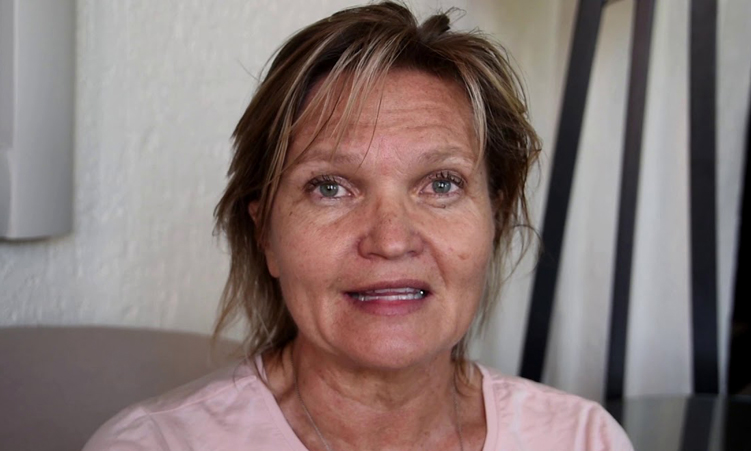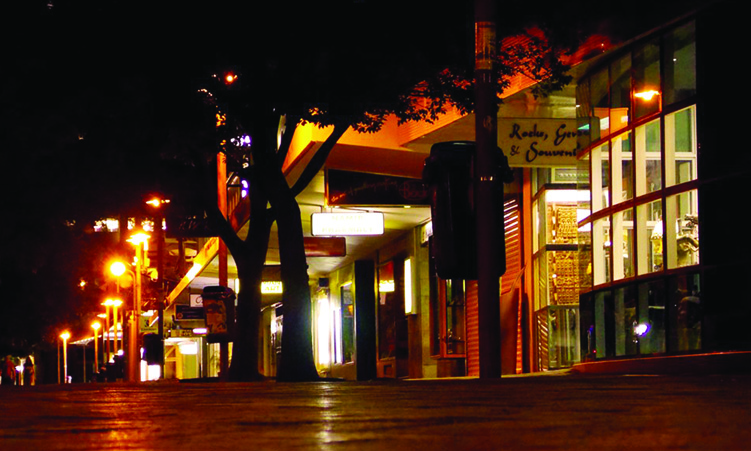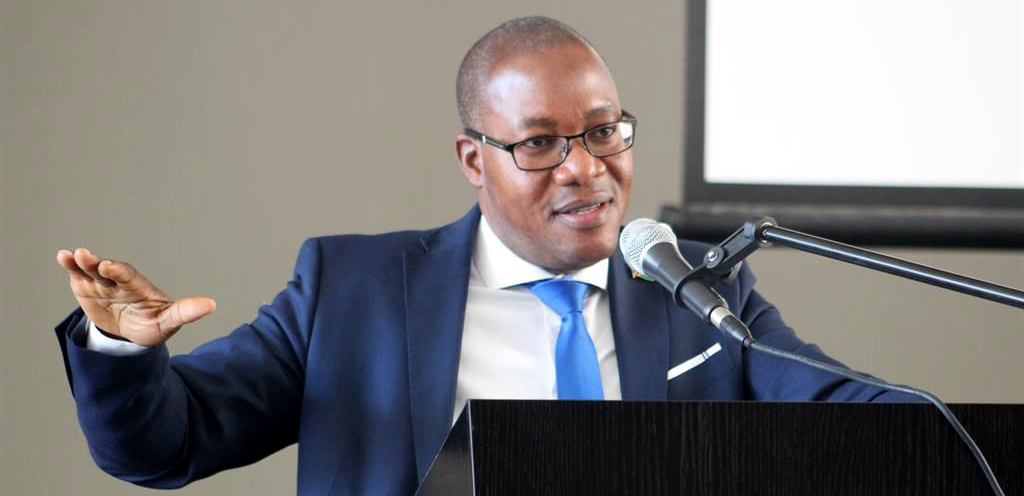“When am I supposed to buy my baby nappies?”
This is the cry of a frustrated mother, as security guards turn her away from a popular supermarket in the city’s central business district (CDB).
“It makes absolutely no sense that shops open at 09h00 and close at 18h00,” she says.
“As working individuals, what time do you expect us to buy our necessities?”
As many employed people can attest, the only time available to buy essentials is after work, but Windhoek’s economy is fast asleep by 21h00.
After this, many rely on service stations to buy essentials, as CBD is basically a ghost town, save for a few restaurants. This frustrates working Namibians and tourists alike.
The Ministry of Industrialisation and Trade regulates the country’s trading hours, and home and corner shops are regulated by municipalities.

A TYPICAL DAY
The local economy in Namibia generally gets started from about 06h00 and wraps up at around 19h00.
On Saturdays, Sundays and public holidays, one must make sure to get to the shops even earlier, or risk spending your weekend high and dry.
Windhoek’s CBD, for example, is a hive of activity between 06h00 and 09h00, as the city’s residents hurry to get to work and school to start their day.
At 13h00, the rush flares up for a quick lunch, and the roads fill up as parents collect their children from school.
Things quiet down from 14h00, only to start buzzing again at 16h30, as Windhoekers head home for dinner, TV, family time and some much-needed rest.
And so it continues – day in and day out.
The majority of the capital’s malls close at 19h00, making it nearly impossible to rush out for some emergency dancing shoes, or that car part you may suddenly need.
In Ghana’s Accra, Kenya’s Nairobi, Nigeria’s Lagos, Angola’s Luanda and Zambia’s Lusaka, malls are open late into the night – sometimes until 23h00.
However, in Windhoek, the working hours prevent many from doing their shopping on weekdays, as most stores are already closed by the time everyone has knocked off.
This leaves residents with a small window on Saturdays and Sundays, with commercial banks closing at 12h00 on Saturdays.
Hungry after 22h00? You’ll have to be satisfied with digging up last week’s leftovers from the back of your fridge.

SERVICE 24/7
Hospitality Association of Namibia chief executive Gitta Paetzoldt says tourists have been calling for longer operating hours at border posts, souvenir shops and other tourism-related outlets.
She says the tourism industry runs 24 hours a day and should, therefore, be willing and able to serve the country’s visitors at any hour.
“However, we all realise that while longer trading hours, also in restaurants, may be desirable, it would come at a cost,” Paetzoldt says.
The City of Windhoek’s economic development division has in the past considered several issues that have led to the city’s ‘dying’ CBD, with trading hours being of great concern, she adds.
MORE JOBS, MORE MONEY
Economist Josef Sheehama says increasing trading hours would boost economic activity and create extra jobs.
“Longer trading hours would cause mixed reactions from both businesses and consumers. Nonetheless, this would present Namibia with a unique opportunity to boost economic activity, diversify commercial endeavours and create a sizeable number of job opportunities,” he says.
Businesses would be able to capitalise on customer demand at different times of the day and consumers would also have the freedom to shop at any time, he highlights.
“This suggests that expanding business hours to 24/7 services would boost economic activity, increase productivity and increase sales for businesses.”
Businesses would, however, not necessarily be forced to employ more people, since they would not require as many staff members for night shifts, he adds.

REVIEWING LAWS
Trade ministry spokesperson Elijah Mukubonda says the ministry is willing to review the country’s laws to allow establishments to trade for 24 hours a day.
“The ministry is willing to deliberate with relevant stakeholders involved and decide if Namibia needs to pass legislation allowing some trading outlets to remain open 24 hours a day.”
He says closing shops and restaurants early impacts consumer spending and retail sales, as it reduces time for consumers to spend money, affecting sales and profit margins.
Population size and cultural behaviour, however, also play a role in deciding whether to allow longer operating hours.
Mukubonda says stakeholders have been consulted to review outdated laws.
“The Reform and Development Commission has commenced the process of reviewing outdated laws from our statutes.
Consultations will be conducted to assess Namibia’s readiness to revise operating hours,” he says.
National Union of Namibian Workers secretary general Job Muniaro says allowing 24-hour outlets would boost development, if there is a great demand for it.
“It is not an issue of saying we want to have 24-hour services. It depends on the demand of the buying power. However, it is a good idea for Namibia.”
Muniaro says Windhoek currently has a slow flow of money, meaning there is no guarantee of more business if shops are open for longer.
“It’s a guarantee if there is buying power. If the buying power is not there, it would not be wise for businesses to remain open after hours,” he says.
Businesses would either have to adopt extended overtime shifts or create different shifts, which would add to their costs, he notes.
“We don’t know whether our country’s capacity would be able to sustain that development. It looks as if this may not become a reality for now, because of the buying power issue,” Muniaro adds.
Stay informed with The Namibian – your source for credible journalism. Get in-depth reporting and opinions for
only N$85 a month. Invest in journalism, invest in democracy –
Subscribe Now!








